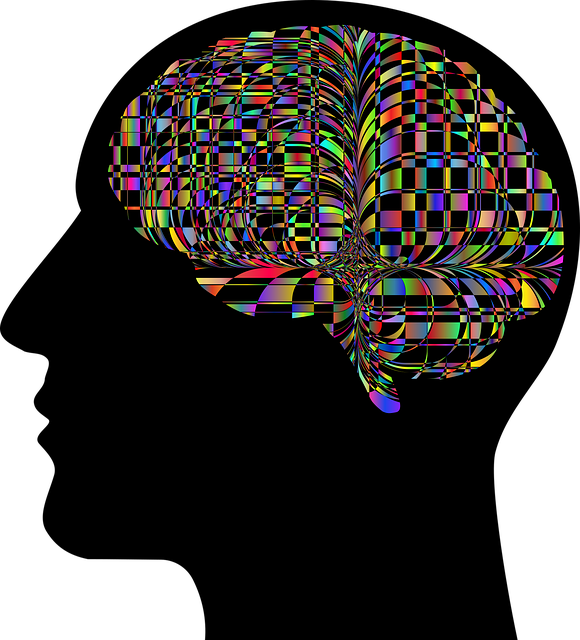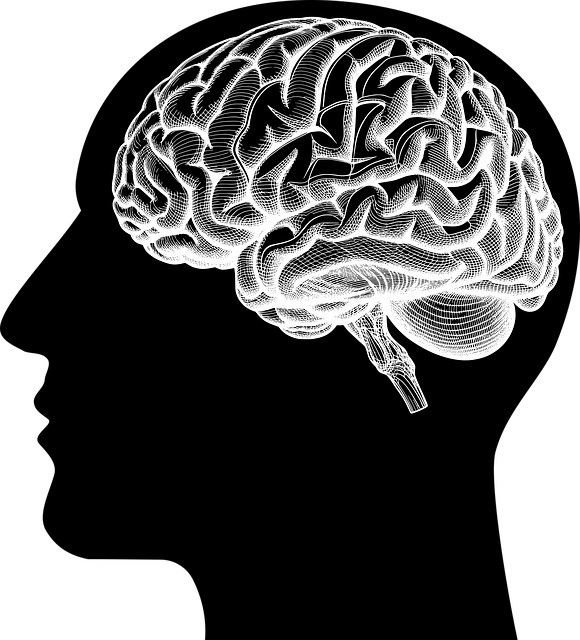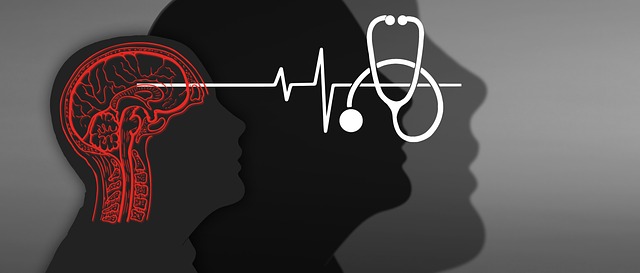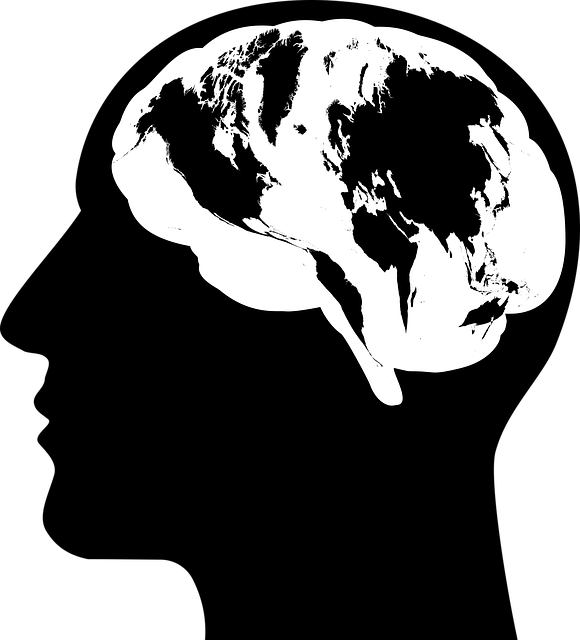Wheat Ridge Veterans Therapy offers comprehensive mental health education programs tailored for veterans, focusing on breaking stigma, empathy building, and burnout prevention. Through interactive workshops, group discussions, case studies, and art therapy, participants gain practical skills in stress management, emotional intelligence, and coping strategies. The program empowers veterans with tools to promote their mental health, fostering community, resilience, and holistic well-being. Wheat Ridge Veterans Therapy continually refines its approach using client feedback and evaluation data, ensuring positive mental health outcomes for the veteran community.
At Wheat Ridge Veterans Therapy, we’re revolutionizing mental health education with a comprehensive program designed to break stigma and empower veterans. Our approach integrates understanding, structure, and tailored content to address unique challenges faced by our veteran community. Through interactive group discussions, workshops, and individualized support, participants gain valuable skills for managing mental wellness. We measure success through rigorous evaluation, ensuring our program makes a tangible impact on the lives of those we serve, reflecting Wheat Ridge Veterans Therapy’s commitment to excellence in mental health care.
- Understanding Mental Health: Breaking Stigma and Promoting Awareness at Wheat Ridge Veterans Therapy
- Program Structure: Designing a Comprehensive Curriculum for Effective Mental Health Education
- Target Audience: Tailoring Content for Veterans' Unique Needs and Challenges
- Interactive Strategies: Engaging Participants Through Group Discussions, Workshops, and Individualized Support
- Implementation and Evaluation: Ensuring Success and Measuring Impact at Wheat Ridge Veterans Therapy
Understanding Mental Health: Breaking Stigma and Promoting Awareness at Wheat Ridge Veterans Therapy

At Wheat Ridge Veterans Therapy, a key aspect of our mental health education program design is breaking down stigma and fostering awareness. We believe that understanding mental health issues is essential for creating an empathetic environment, both within our therapy center and in the wider community. Through interactive workshops and educational sessions, we teach participants about the mind-body connection and promote Mind Over Matter principles. These strategies empower individuals to take control of their well-being.
Our programs emphasize Empathy Building Strategies, aiming to enhance healthcare providers’ ability to connect with clients on a deeper level. We recognize that burnout prevention is critical in the healthcare sector, and our courses offer practical tools to maintain resilience and prevent professional exhaustion. By integrating these Burnout Prevention Strategies for Healthcare Providers, we ensure that those dedicated to serving others also have access to support and resources to thrive.
Program Structure: Designing a Comprehensive Curriculum for Effective Mental Health Education

A well-structured mental health education program is essential for fostering public awareness and promoting overall well-being. At Wheat Ridge Veterans Therapy, we understand that designing an effective curriculum requires a holistic approach, addressing various aspects of mental health. The program should ideally be modular, allowing participants to engage with content tailored to their needs and interests. This could include interactive workshops on stress management, emotional intelligence, and coping strategies, ensuring a practical and engaging learning experience.
Incorporating diverse teaching methods is key to keeping the curriculum dynamic. This might involve group discussions, case studies, and even creative activities like art therapy or mindfulness exercises. By encouraging active participation, learners can internalize concepts better. Additionally, linking mental health education to real-life scenarios and providing practical tools for self-care practices can empower individuals to take charge of their mental well-being, ultimately contributing to a healthier society, as advocated in Public Awareness Campaigns Development and Mental Health Policy Analysis and Advocacy initiatives.
Target Audience: Tailoring Content for Veterans' Unique Needs and Challenges

When designing a mental health education program, particularly for veterans, it’s crucial to tailor content that addresses their unique needs and challenges. Veterans often face distinct issues related to their military service, such as PTSD, depression, and adjustment disorders, which require specialized approaches in therapy and self-care. The goal is to create an inclusive environment where participants feel comfortable sharing their experiences and learning practical strategies for managing mental health effectively.
At Wheat Ridge Veterans Therapy, our programs focus on empowering veterans with tools for emotional well-being promotion. This involves incorporating sessions on self-care routine development, teaching effective coping mechanisms, and fostering a sense of community. By promoting self-care practices and emotional well-being techniques, we aim to enhance the overall mental health and resilience of our veteran participants.
Interactive Strategies: Engaging Participants Through Group Discussions, Workshops, and Individualized Support

Engaging participants is a key aspect of designing an effective mental health education program, and interactive strategies play a pivotal role in achieving this goal. Group discussions provide a dynamic platform for veterans at Wheat Ridge Veterans Therapy to share their experiences and learn from one another, fostering a sense of community and mutual support. These open conversations encourage active participation, allowing individuals to explore topics like emotional healing processes and inner strength development in a collaborative environment.
Workshops further enhance the interactive experience by offering structured activities focused on specific mental health themes. Through these sessions, participants can delve into self-care practices and learn practical tools for managing their well-being. The combination of group discussions and workshops not only makes learning enjoyable but also ensures that each veteran receives personalized support tailored to their unique needs, fostering a holistic approach to mental health education.
Implementation and Evaluation: Ensuring Success and Measuring Impact at Wheat Ridge Veterans Therapy

At Wheat Ridge Veterans Therapy, successful program implementation and evaluation are paramount to ensuring positive outcomes for veterans seeking mental health support. The team employs a multi-faceted approach, integrating Compassion Cultivation Practices into therapeutic sessions to foster emotional well-being. By combining evidence-based techniques with a culture of care, the therapy center aims to create a safe space where veterans can openly discuss their experiences and receive tailored treatment.
Evaluation occurs on multiple levels, including pre and post-program surveys, individual client feedback, and qualitative data from therapists. The Community Outreach Program Implementation plays a crucial role in expanding access to these services, allowing for a broader impact on the veteran community. This comprehensive evaluation strategy enables Wheat Ridge Veterans Therapy to continuously refine its programs, ultimately enhancing the effectiveness of Emotional Well-being Promotion Techniques and fostering sustainable recovery among veterans.
The comprehensive mental health education program designed by Wheat Ridge Veterans Therapy effectively addresses the unique challenges faced by veterans. By combining structured curriculum, tailored content, interactive strategies, and rigorous evaluation, this program breaks down stigma, fosters open dialogue, and empowers veterans with essential coping skills. As seen through its successful implementation at Wheat Ridge Veterans Therapy, such an approach can significantly enhance mental wellness and improve overall quality of life for our nation’s heroes.











